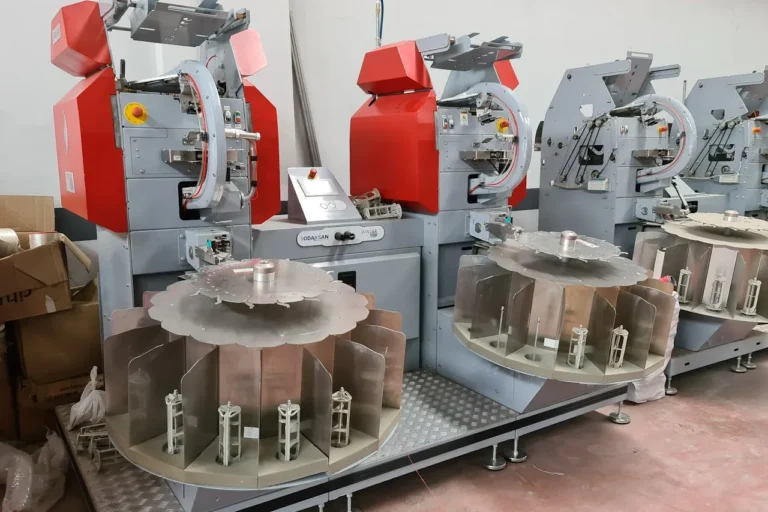
PsiQuantum, Mitsubishi UFJ Financial Group, and Mitsubishi Chemical Announce Partnership to Design Energy-Efficient Materials on PsiQuantum’s Fault-Tolerant Quantum Computer.
PsiQuantum and Mitsubishi UFJ Financial Group today announced that they are beginning work with Mitsubishi Chemical Group on a joint project to simulate excited states of photochromic molecules which have widespread industrial and residential potential applications such as the development of smart windows, energy-efficient data storage, solar energy storage and solar cells, and other photoswitching use cases.
Climate, a PsiQuantum-led initiative that includes MUFG as a partner, focuses on using fault-tolerant quantum computing to crack the most challenging computational problems and accelerate the development of scalable breakthroughs across climate technologies, including more energy-efficient materials.
Mitsubishi UFJ Financial Group (MUFG) is committed to supporting the world’s transition to a sustainable future, and to encourage industry access to the most promising breakthrough technologies. By pioneering PsiQuantum’s Qlimate solutions with industry leader Mitsubishi Chemical, MUFG is at the forefront of quantum computing for sustainability.
This joint project will determine whether high-accuracy estimates of excited state properties are feasible on early-generation fault-tolerant quantum computers, specifically focusing on diarylethenes used for energy-efficient photoswitching applications. The project will allow Mitsubishi Chemical to gain early insights into how and when fault-tolerant quantum computing can be deployed in support of critical, scalable, sustainable materials.
Because predicting the optical properties of materials requires complex analysis of excited states, standard algorithmic techniques for simulating these molecules (such as the Density Functional Theory, or DFT) often produce qualitatively incorrect results. The project will bring together Mitsubishi Chemical’s deep experience of computational chemistry and PsiQuantum’s leading expertise in fault-tolerant quantum computing to push the boundaries of approaching the complex physics in these systems and pave the way to developing new, more powerful energy-efficient photonic materials.
Philipp Ernst, Head of Solutions at PsiQuantum, said:
“PsiQuantum has dedicated teams who identify, describe, and solve complex problem sets with best-in-class quantum algorithms. These are designed specifically to run on fault-tolerant quantum computers and will tackle previously-impossible computational challenges. This partnership will leverage our team’s unique know-how and Mitsubishi Chemical’s expertise in photochromic materials. We are grateful for MUFG’s visionary support in our mission to deploy high-impact quantum computing solutions to fight climate change.”
Suguru Azegami, Managing Director, Sustainable Business Division, MUFG said:
“We are excited to partner with PsiQuantum and Mitsubishi Chemical on our journey to explore possibilities of quantum computing technologies to solve the imminent global challenge. PsiQuantum’s vision to develop the first utility-scale quantum computer before the end of the decade has inspired us, which led to our initiative to participate in the Qlimate partnership as the first and sole member from Japan. Mitsubishi Chemical is leading efforts to use cutting-edge technology to develop next-generation materials and we are honored to support the company as its long-term financial partner.”
Qi Gao, Senior Chief Scientist, Mitsubishi Chemical said:
“We are pleased to be part of the partnership and are grateful for MUFG’s support. Mitsubishi Chemical’s over 40 years of background in computational chemistry and PsiQuantum’s domain-specific knowledge for quantum control is a great fit with the collaboration effort of improving calculation accuracy on quantum devices. We hope the partnership will accelerate the innovation of revolutionizing computational studies in chemistry and materials science.




